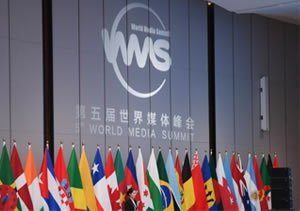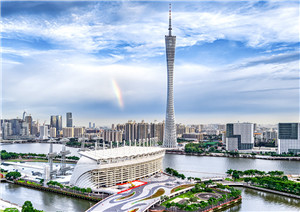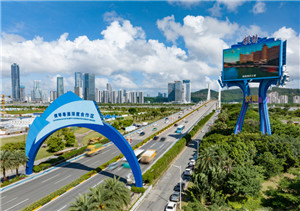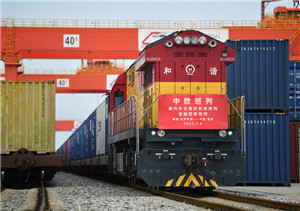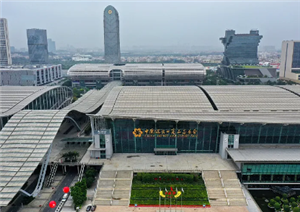"I have experienced the rigor and professionalism of the mainland's judicial system while participating in the hearing of Hong Kong-related cases. The facilities and equipment of the Nansha Court are very advanced and modern," said Au Chi-ho, a juror from Hong Kong.
On August 27, the Nansha People's Court released the White Paper on Civil and Commercial Trials Involving Foreign, Hong Kong, Macao, and Taiwan Cases (January 1, 2019 - July 31, 2024), along with typical cases.
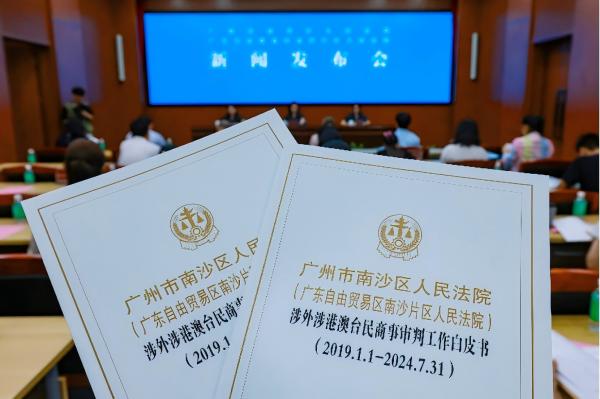
(Photo: Liu Wei)
Usingadvanced mediation concepts both domestically and internationally
The White Paper reveals that from January 1, 2019, to July 31, 2024, the Nansha Court received a total of 10,152 civil and commercial cases involving foreign, Hong Kong, Macao, and Taiwan (including centralized cases) and concluded 10,378 cases. Among them, commercial contract dispute cases accounted for a significant proportion.
Geographically, the court handled cases involving 69 countries and regions, including the United States, Canada, Malaysia, South Korea, Singapore, and Australia.
The White Paper highlights that the Nansha Court has explored the appointment of 65 specially invited mediators from Hong Kong, Macao, Taiwan, and foreign countries, including six foreign mediators. Additionally, three lawyers from the Guangdong-Hong Kong-Macao Greater Bay Area are appointed as specially invited mediators.
Mr. Deng, a Hong Kong resident who frequently travels between Hong Kong and Guangzhou, came to the Nansha Court due to a road traffic accident liability dispute.
"After communication and explanation by the Hong Kong and mainland mediators, both parties eliminated misunderstandings and could face the dispute rationally and objectively," said the presiding judge, who decided to adopt a "dual mediation" model combining mainland and Hong Kong mediators to conduct separate mediations. Through communication, the mediators discovered that both parties had differing perceptions regarding "bad attitude" and "apologizing."
Modern technology facilitates overseas-related judicial work
The Nansha Court has also systematically promoted the "cloud upgrade" of overseas-related trials. On the day of the White Paper's release, at the AIoT (Artificial Intelligence + Internet of Things) Smart Court jointly built by the Nansha Court and iFLYTEK, with voice dispatch, the computer screen at the judge's end automatically jumps to the corresponding evidence page. By sharing the screen, the content is displayed on the computers of both parties.
When related parties need to submit paper evidence materials on-site, they can use the computer at the litigant's seat, uploading the evidence to the case handling system with the high-speed scanner. After the trial, parties can also use the computer in front of them to sign the electronic trial transcript with one click and confirm it with their fingerprints.
In addition, the smart court system boasts multiple functions such as automatic reading of court rules, verification of litigant identities, AI trial assistants, voice-to-text transcription of trial transcripts, legal clause prompts, and highlighted annotations in electronic case files.
It is introduced that through the AOL Authorization system developed by the Guangzhou Intermediate People's Court, the agent authentication process in foreign, Hong Kong, Macao, and Taiwan-related cases has been shortened from 30 days to as fast as 5 minutes. Currently, the Nansha Court has implemented online authorization over 350 times.



